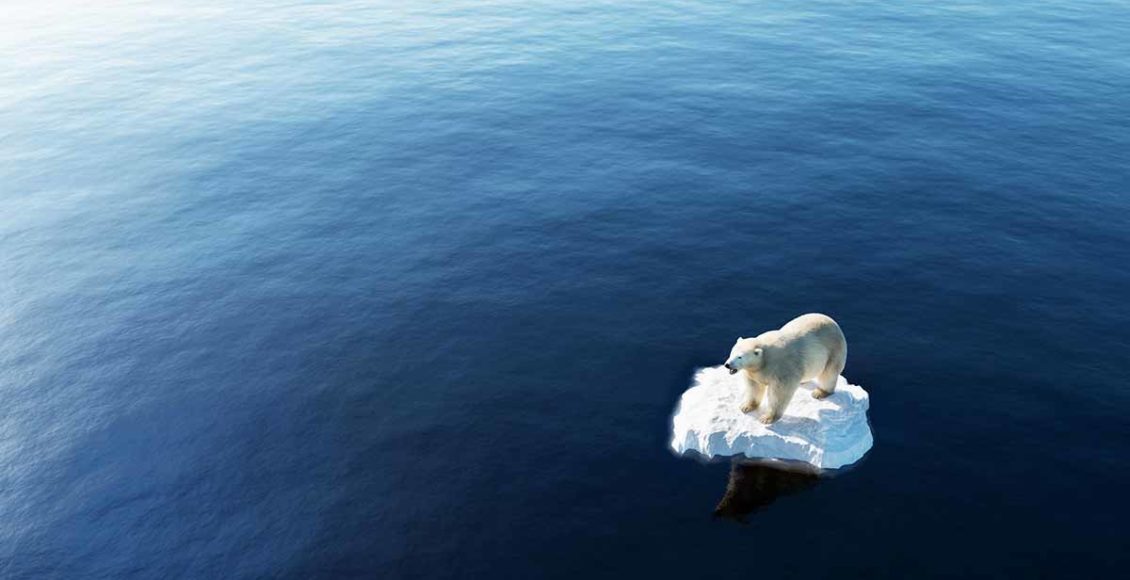Frightful record: The Arctic sea ice has failed to refreeze by late October.
- The Arctic sea ice has scored a fearful record by not fully refreezing by late October for the first time ever.
- Earlier this year, another catastrophic record occurred in the region – an early melt, causing a temperature of 5°C above average.
- Scientists are now worried these events might trigger the greenhouse effect.
The Arctic sea ice is yet to start freezing, following a worrying standstill caused by a heatwave in Siberia. As IFL Science reports, this is the first time in recorded history that the Laptev Sea has failed to freeze this late in the year.
With global warming still threatening to cause severe climate changes, this year has been particularly catastrophic for the Arctic region. In June, there was an ‘unprecedented heatwave’ in Siberia, which caused temperatures to soar to 10°C (18°F) above average.
Here is a visual of the extensive open water north of Siberia… sea ice struggling to form so far this October
[Daily data from 3-km AMSR2 satellite since September 15] pic.twitter.com/h6qsPLepeL
— Zack Labe (@ZLabe) October 22, 2020
Although the heatwave has passed, there are still many consequences, including the fact that the Arctic’s premier ice nursery in the Laptev Sea has failed to freeze. This would continue to severely affect the polar region. Zachary Labe, a postdoctoral researcher at Colorado State University, told The Guardian:
“The lack of freeze-up so far this fall is unprecedented in the Siberian Arctic region.”
Scientists fear the late freeze would trigger the greenhouse effect.
Typically, in early winter, ice forms along the northern Siberian coastline and is then blown out across the Laptev Sea and beyond by strong winds. While traveling, the ice carries nutrients across the Arctic before finally melting in the Fram Strait passage in Spring.
Unfortunately, this year’s late freeze implies that the ice might melt before reaching the passage. Therefore, plankton throughout the Arctic will receive fewer nutrients. This event will significantly reduce the organisms’ capacity to remove carbon dioxide from the atmosphere. The whole process will potentially contribute to the greenhouse effect, resulting in higher global temperatures and even less ice.
The researcher explains:
“2020 is another year that is consistent with a rapidly changing Arctic. Without a systematic reduction in greenhouse gases, the likelihood of our first ‘ice-free’ summer will continue to increase by the mid-21st century.”
I'm waiting for the refreeze.
[*Note that the basin is geographically constrained (same maximum sea ice cover = flat line). Map: https://t.co/QJzA0sLzfs] pic.twitter.com/b62GkSTxmZ
— Zack Labe (@ZLabe) October 24, 2020
Previously this year, the Laptev Sea ice melted earlier than ever before, leaving vast areas of open water exposed.
When it comes to apocalyptic climate change, 2020 is amongst the years that have contributed the most. Not only we are now observing the late refreeze, but it was preceded by an early melting.
As the open water absorbed sunlight, it reportedly reached a temperature of 5°C above average. This increase is now affecting the delay of the winter freeze. Terrifyingly, this could mean that in 2021 there would be an even earlier melt, as well as later refreeze.



